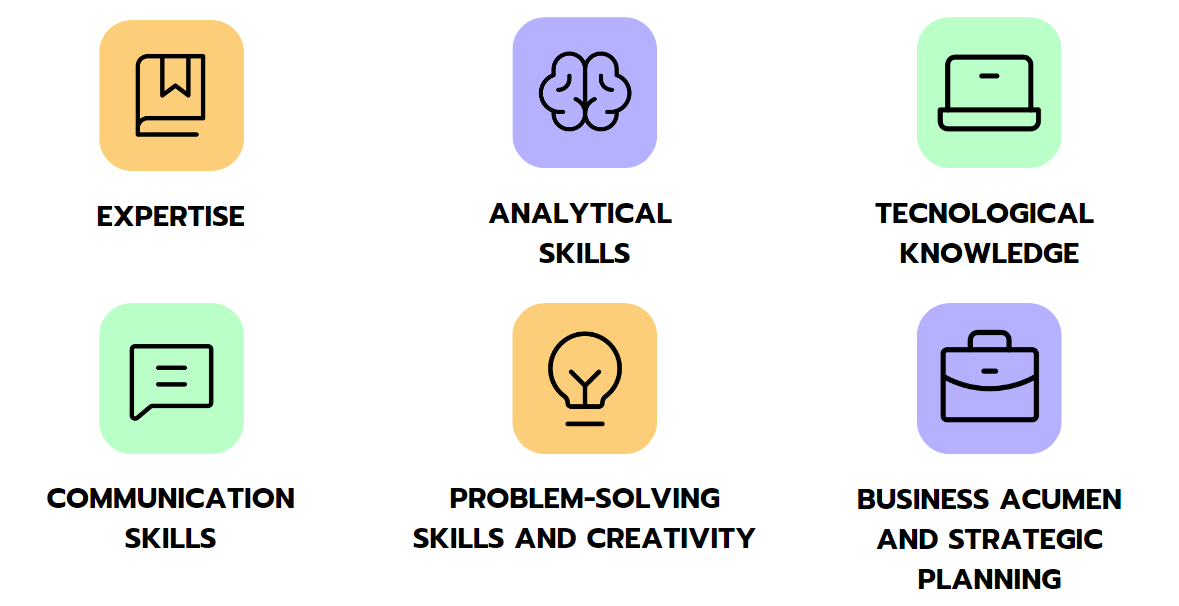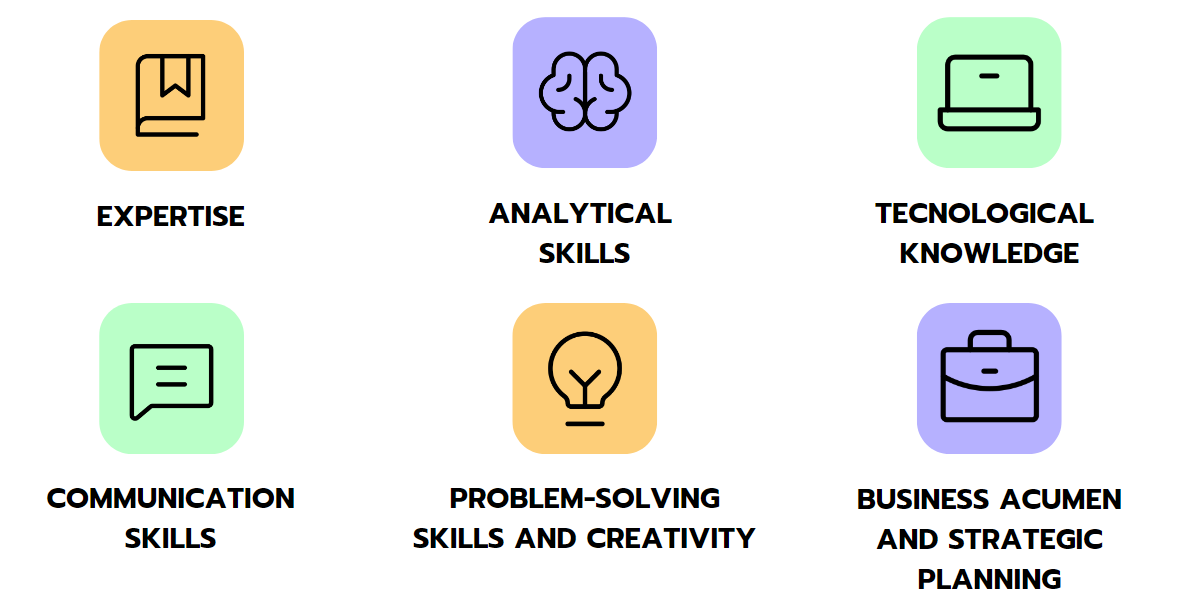Are you interested in a career in tax consulting? If you have a strong affinity for numbers, analytical thinking and tax topics, then this diverse and challenging profession is certainly a good fit for you.
But what exactly does a tax consultant do, and what qualities do you need to start your career? In this article, we provide you with a detailed overview of the activities and responsibilities in tax consulting. We introduce you to the different fields of work as well as areas of application and explain the necessary skills, qualifications, salaries, and career paths. Finally, we will highlight the current future prospects and development trends in the industry.











